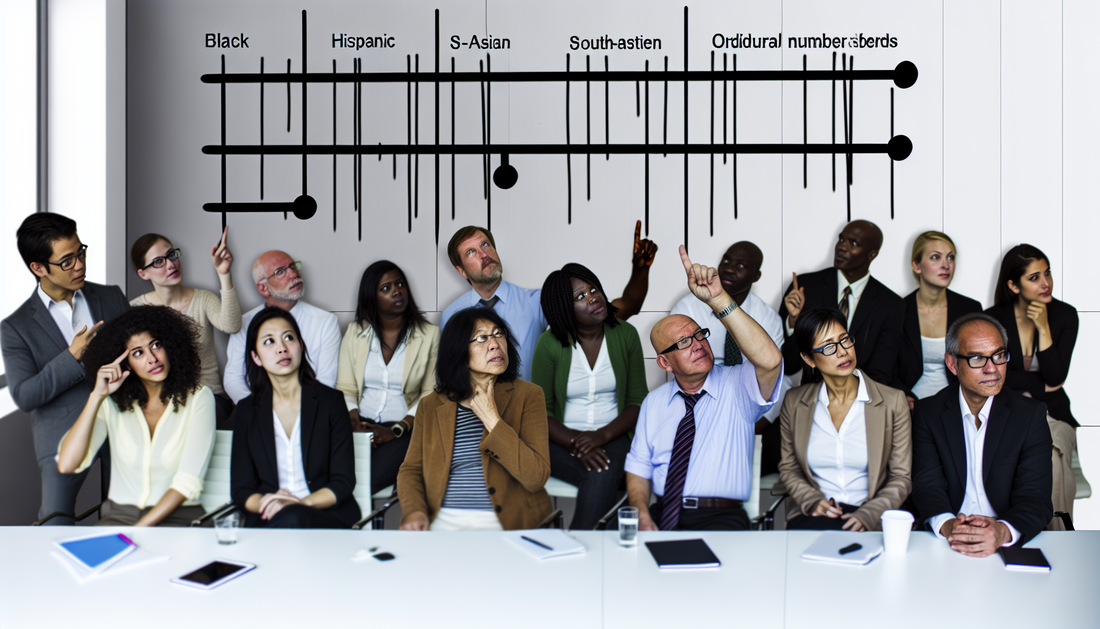
ORDI Governance: Empowering Decentralized Decision-Making
Share
ORDI, Ordinals Governance: Navigating Decentralized Decision-Making
As blockchain technology continues to revolutionize various sectors, the concept of decentralized governance is becoming increasingly vital. ORDI, powered by the Ordinals protocol, stands as a unique player in this landscape, aiming to balance decentralization with efficient governance mechanisms.
The governance of ORDI revolves around a community-driven approach. It allows stakeholders to participate in decision-making processes that influence the future of the Ordinals ecosystem. This model not only enhances transparency but also fosters a sense of ownership among participants. By enabling token holders to propose and vote on improvements, ORDI empowers its community and ensures that the platform evolves according to its users' needs.
The governance structure in ORDI is designed to prevent centralization, a common concern in blockchain projects. It employs a voting system where the influence of participants is proportional to their holdings. This mechanism is reminiscent of other decentralized governance models, such as those explored in NEAR Protocol's framework.
However, despite its innovative approach, ORDI faces several challenges. One of the primary issues is the potential for governance stalemate, where high quorum requirements might slow down decision-making processes. This is a shared challenge in decentralized systems, addressed in various ways by other protocols, like those in Optimism's strategy for governance efficiency.
Furthermore, the governance system must maintain a careful balance between decentralization and efficiency. While a broad participant base is ideal for inclusivity, it can also lead to logistical complexities and delays in executing decisions. This challenge is explored in depth within other governance models, such as that of the Litecoin network.
In terms of technological integration, ORDI governance leverages cutting-edge blockchain features to enhance its structure. These include smart contracts for automating voting procedures and ensuring transparency, drawing parallels with Mina Protocol and its approach to lightweight blockchain governance.
Overall, the governance model of ORDI is an intriguing example of how decentralized systems can empower communities. Its ongoing development reflects a broader trend toward more inclusive and transparent blockchain systems, similar to Binance's initiatives in enhancing decentralized finance (DeFi) ecosystems.
